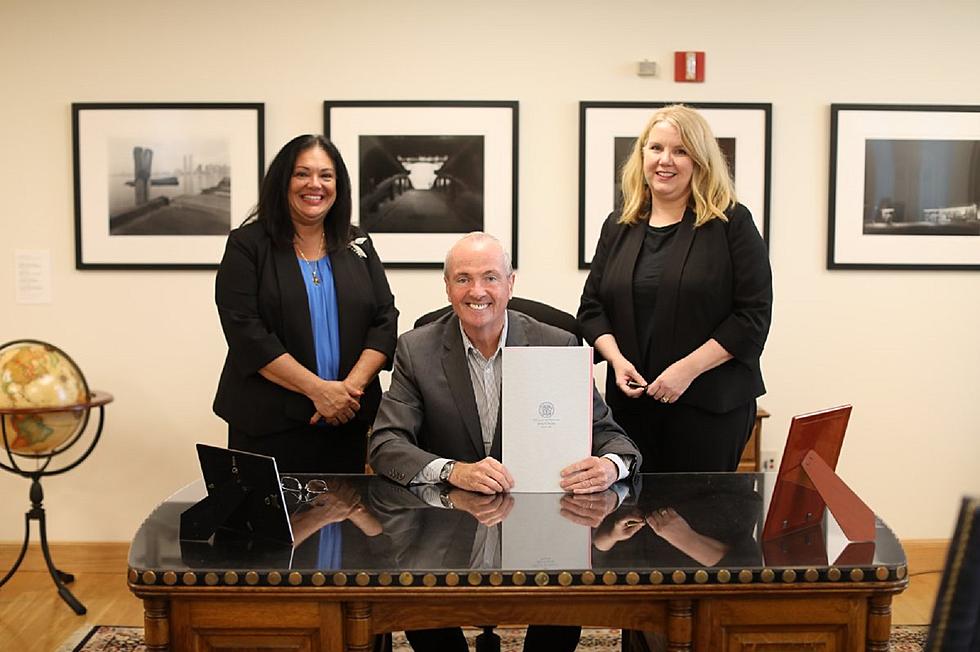
NJ business group says healthcare costs continue to soar
Almost 90 percent of the companies that participated in the 2014 New Jersey Business and Industry Association (NJBIA) Health Benefits Survey said they continue to offer healthcare coverage to their employees, despite the fact that 85 percent of them reported their healthcare costs have increased in the past year.
"We put the survey in the field in July and August and we asked them to compare this year's costs to last year's costs," said Christine Stearns, NJBIA vice president for Health and Legal Affairs. "Small employers got hit with the highest cost increases with very small businesses seeing a 24 percent cost increase this year and businesses that are a little bit larger, that 25-49 employees category seeing a 16 percent cost increase."
The survey polled a total of 583 New Jersey companies that completed a questionnaire in an online survey conducted by Fairleigh Dickinson University's PublicMind Poll.
The results revealed most employers remained committed to offering coverage. Sixty-nine percent said they do it to keep employees. Fifty-one percent said they offer coverage to attract employees and 33 percent said they offer coverage to improve health and productivity.
"Eighty-seven percent of employers offer coverage. The survey came back and showed really clearly that employers see offering coverage as a benefit that they want to be able to offer to their employees to keep and attract top talent," Stearns said.
The survey results also show how much employers are paying for different types of policies.
"For employee-only, single coverage it's almost $7,500 per year of what that premium is and for family coverage it's more than $19,000 a year so the cost of coverage continues to be significant," Stearns said.
Businesses also used a variety of strategies to control healthcare costs, Fifty-three percent increased deductibles, twenty-nine percent increased employee contributions, twenty-six percent changed carriers, twenty-five percent introduced a high-deductible health plan and nineteen percent lowered benefits.
"When you look into how they paid for it about 45 percent of them lowered their own profits in order to be able to afford to pay for that coverage and 35 percent of them indicated that they either froze or limited wages increases so they'd have the tradeoff between the benefit and an increase in people's wages," Stearns noted.
Almost three quarters (71 percent) of all employers said they are either not likely at all or not very likely to discontinue coverage.
"Health benefits are important to employers and their employees, but the real challenge is if they can't afford to buy them then they can't provide the benefits to their employees," Stearns explained. "The challenge in the longer term is how do we keep health benefits affordable for New Jersey businesses?"
More From New Jersey 101.5 FM









